The Uninvited Intruder: Safeguarding Your Home from Recluse Spiders
A spider in the house can be the stuff of nightmares for many. But that fear is amplified exponentially when the intruder is a venomous recluse spider. The recluse spider, or Loxosceles reclusa, is a species known for its venomous bite. It’s not something you want to deal with, especially in your personal space. Here’s your comprehensive guide to identifying, dealing with, and preventing a recluse spider infestation in your home.
Identifying the Recluse Spider
It’s important to know what you’re dealing with. The recluse spider is small and brown, often mistaken for many other harmless spiders. However, a few key characteristics can help distinguish the venomous recluse.
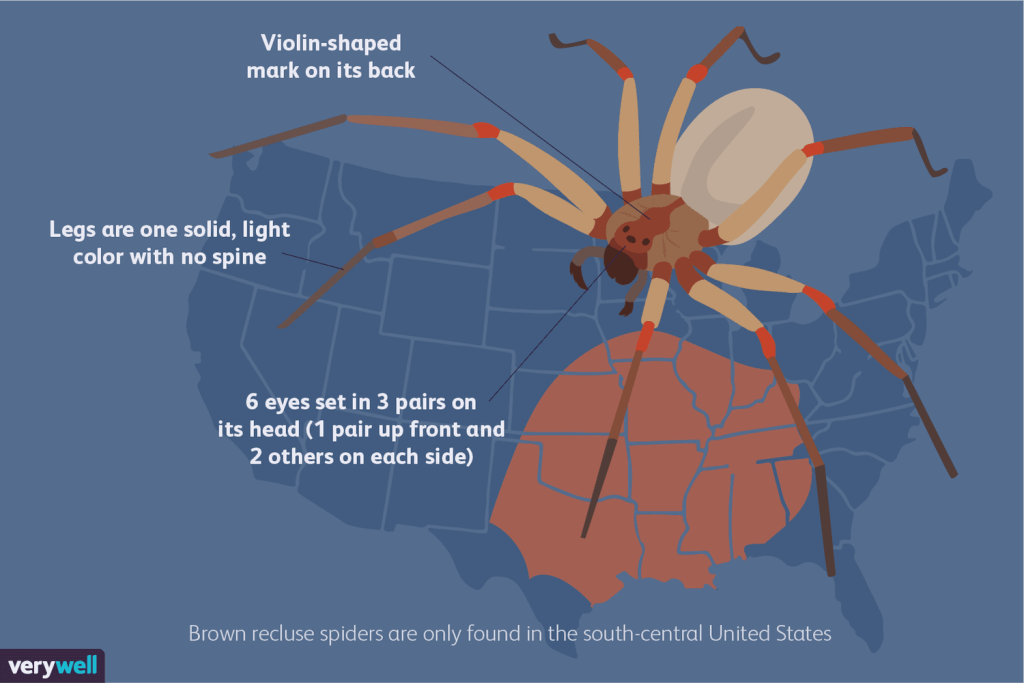
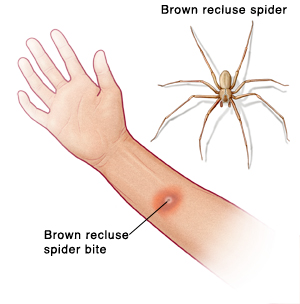
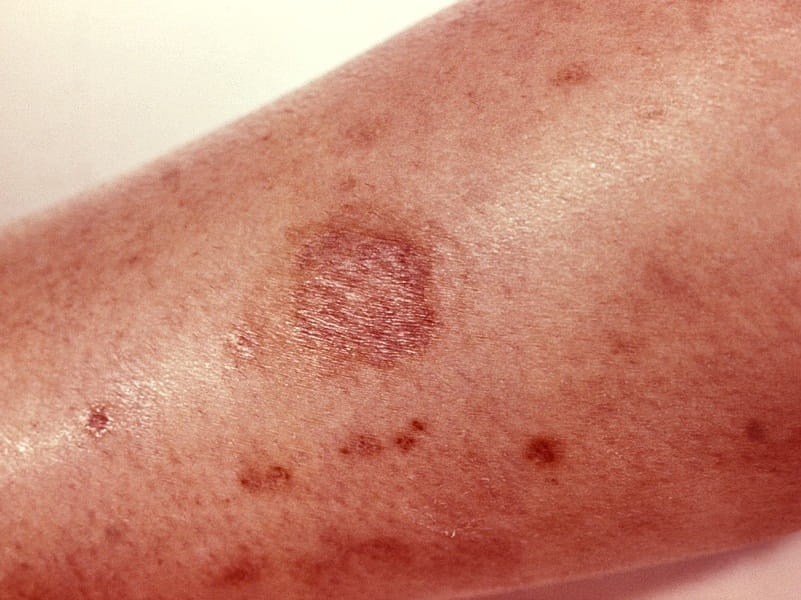
Size and Appearance
The recluse spider measures about a quarter inch to half an inch in size. It has a light to dark brown body, sometimes grayish, with a violin-shaped mark on its back. This distinguishing mark has earned it the nickname “fiddleback spider”.
Eye Pattern
Unlike most spiders that have eight eyes, the recluse spider has only six. These are arranged in pairs in a semi-circular pattern, another key feature to spot a recluse.
Habitat
Recluse spiders prefer dark, secluded areas. They can often be found lurking in corners, closets, attics, basements, and under furniture.
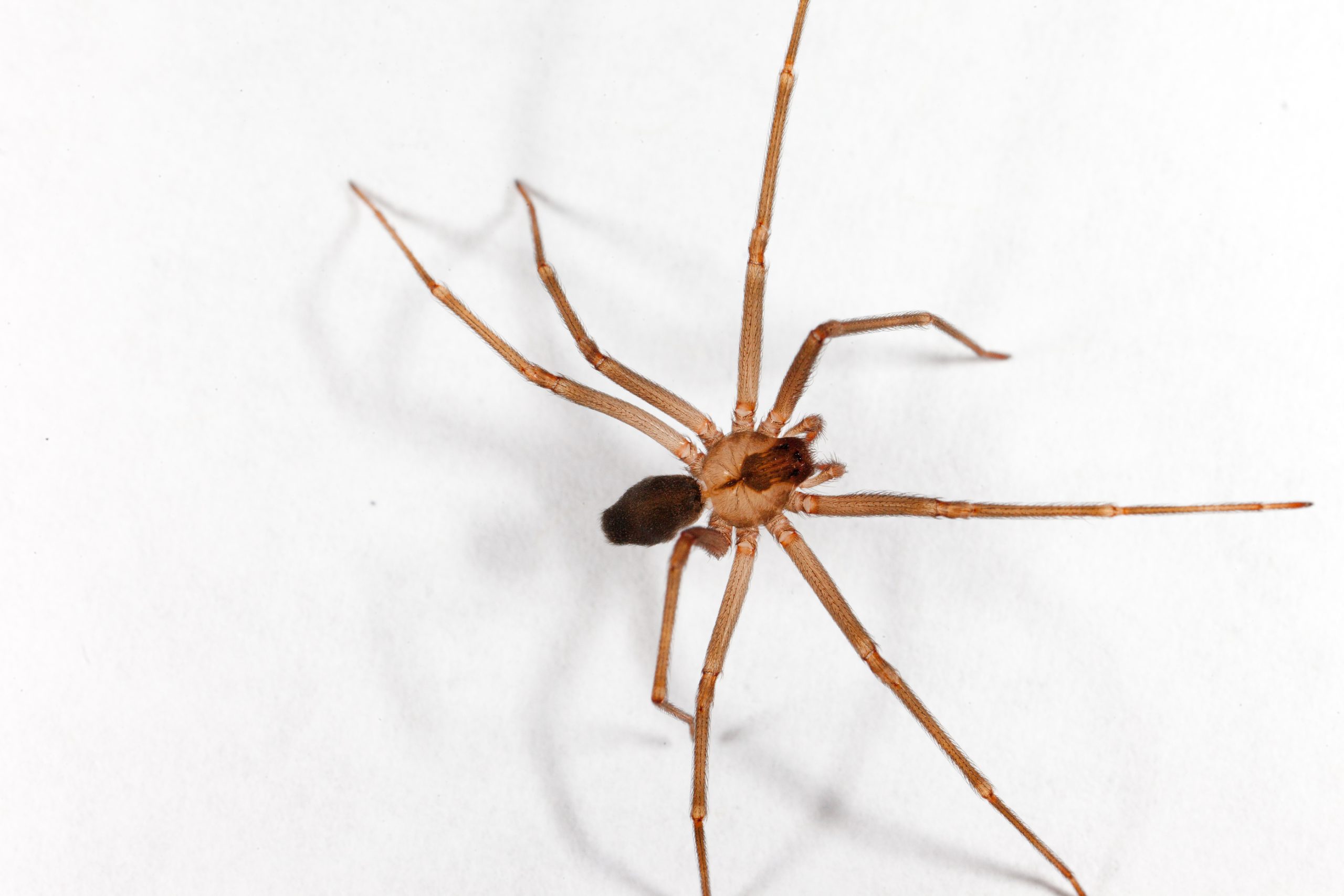
The Danger of the Recluse Spider
The recluse spider isn’t aggressive. However, when threatened or trapped, it may bite to defend itself. Their venom, while often not fatal, can cause severe tissue damage and other symptoms.
Symptoms of a Recluse Spider Bite
A recluse spider bite is often painless initially, with symptoms developing over time. These may include:
- Severe pain and itching
- Redness and swelling
- Development of a blister or ulcer
- Fever and chills
- Muscle pain and nausea
In severe cases, a recluse spider bite can lead to blood clots, kidney damage, or even coma.
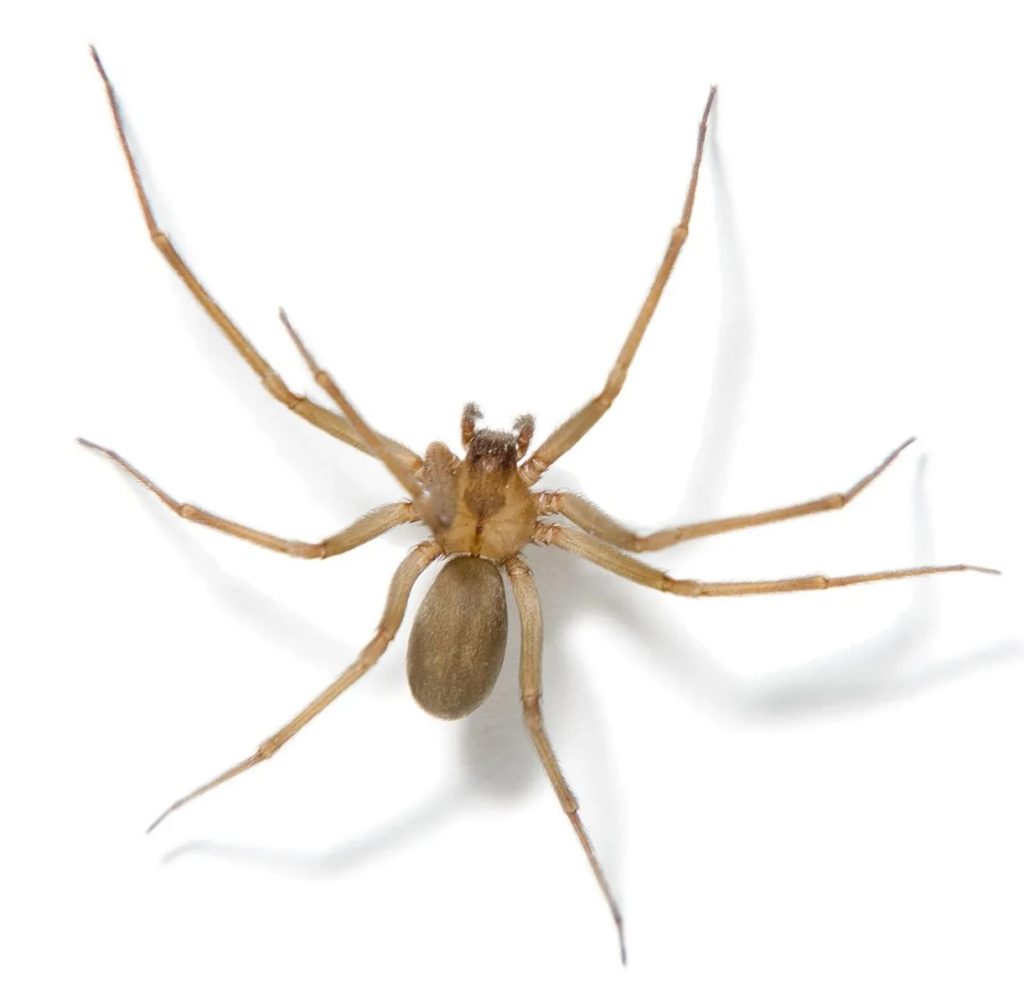
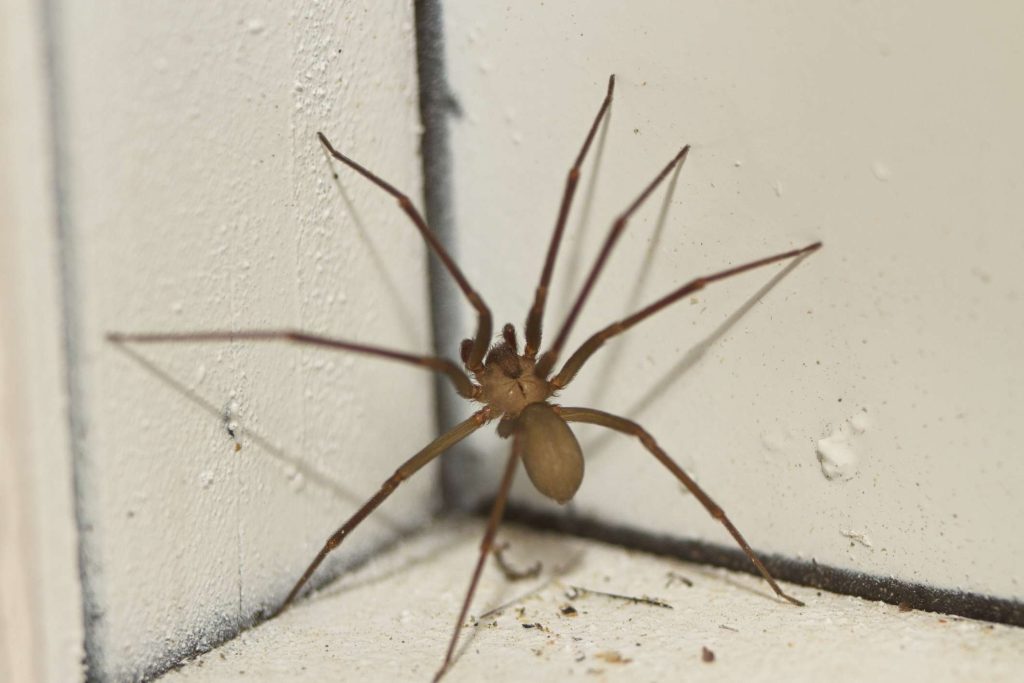
What to Do if You Spot a Recluse Spider in Your Home
If you spot a recluse spider in your home, it’s essential to handle the situation calmly and safely. Here’s what you should do:
Don’t Provoke It
Avoid trying to squash or hit the spider. This could threaten it and increase the risk of getting bitten.
Use Sticky Traps
Sticky traps are a safe and effective way to capture and kill recluse spiders. Place these traps in areas where you’ve seen the spider and other potential hiding places.
Use Diatomaceous Earth
Food-grade diatomaceous earth can effectively kill spiders by causing dehydration. Sprinkle this in hidden corners and along the walls where the spiders may hide.
Eliminate Their Food Source
Recluse spiders feed on small insects. If your home has other pests, it’s attracting recluse spiders. Call a pest control service to deal with these pests.
Lower Humidity
Recluse spiders thrive in humid conditions. Using a dehumidifier in your home can make it less attractive to them.
Preventing Recluse Spider Infestations
Prevention is always better than cure. Here are some tips to keep recluse spiders out of your home:
- Seal gaps and cracks in your home
- Use weather stripping around doors and windows
- Keep your yard clean, eliminating tall grass, shrubs, and weeds near your home
- Inspect firewood carefully before bringing it inside
- Frequently vacuum under furniture, inside closets and other potential hiding spots
- Store clothes and other items in sealed containers
Professional Help
If a recluse spider infestation gets out of hand, it’s time to call in the professionals. Pest control services have the expertise and equipment to handle the situation safely and effectively.
While the recluse spider’s venomous reputation might cause alarm, remember that they are not aggressive and would rather avoid human interaction. However, if you do spot one in your home, it’s essential to handle the situation calmly and safely. Prevention methods can help keep these uninvited guests at bay, ensuring that your home remains a safe and comfortable space.
